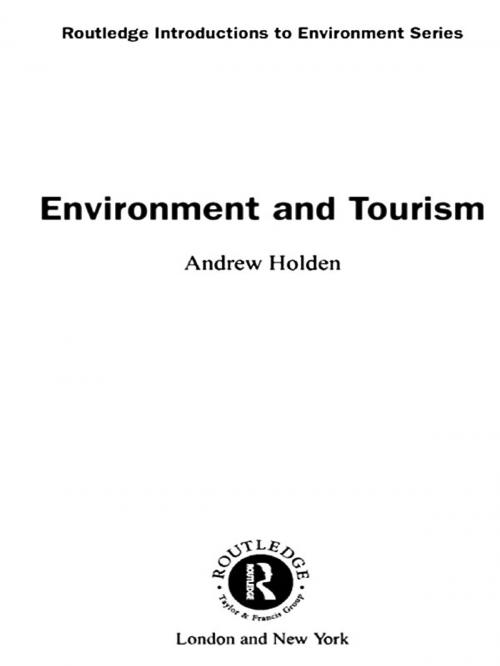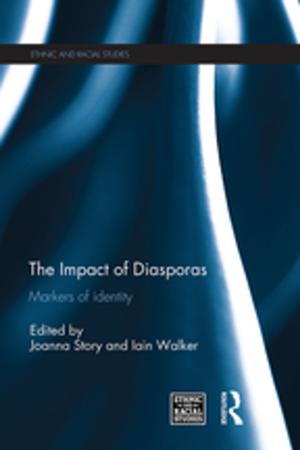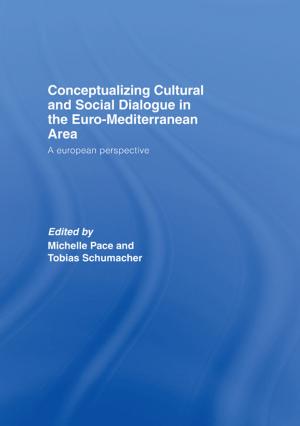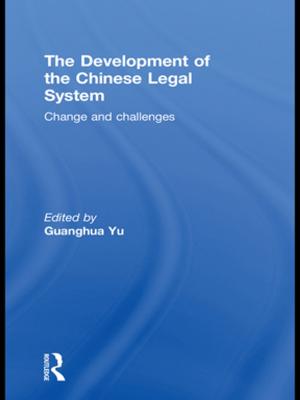Environment and Tourism
Nonfiction, Science & Nature, Science, Earth Sciences, Geography, Social & Cultural Studies, Social Science, Human Geography, Business & Finance, Economics| Author: | Andrew Holden | ISBN: | 9781134622825 |
| Publisher: | Taylor and Francis | Publication: | September 14, 2000 |
| Imprint: | Routledge | Language: | English |
| Author: | Andrew Holden |
| ISBN: | 9781134622825 |
| Publisher: | Taylor and Francis |
| Publication: | September 14, 2000 |
| Imprint: | Routledge |
| Language: | English |
For many people, holidays are an increasingly central feature of contemporary western society. The tourism industry has expanded rapidly since 1950, but this book poses the significant question of consequent environmental impacts: are environments being benefited or damaged, by the tourist who visit them?
A well-balanced introductory text, this topical book on the relationships between tourism, society and the environment, examines 'tourism' and 'environment' in detail, and gives a historical overview of the growth of the tourism industry. It discusses how the tourism industry markets physical and cultural environments to be consumed by the tourist, and the consequences of the tourism they then attract. It explores:
* how the economics of tourism can be adopted in a positive way to aid conservation
* whether the concept of sustainability can be applied to tourism
* provides a critique of the 'new' forms of tourism, that have developed in recent years.
An extensive range of international case studies from both the developed and developing world are used to illustrate the theoretical ideas presented, and to aid the student, it includes end of chapter summaries, further reading guides and boxed vignettes focusing on contemporary environmental issues and debates.
For many people, holidays are an increasingly central feature of contemporary western society. The tourism industry has expanded rapidly since 1950, but this book poses the significant question of consequent environmental impacts: are environments being benefited or damaged, by the tourist who visit them?
A well-balanced introductory text, this topical book on the relationships between tourism, society and the environment, examines 'tourism' and 'environment' in detail, and gives a historical overview of the growth of the tourism industry. It discusses how the tourism industry markets physical and cultural environments to be consumed by the tourist, and the consequences of the tourism they then attract. It explores:
* how the economics of tourism can be adopted in a positive way to aid conservation
* whether the concept of sustainability can be applied to tourism
* provides a critique of the 'new' forms of tourism, that have developed in recent years.
An extensive range of international case studies from both the developed and developing world are used to illustrate the theoretical ideas presented, and to aid the student, it includes end of chapter summaries, further reading guides and boxed vignettes focusing on contemporary environmental issues and debates.















